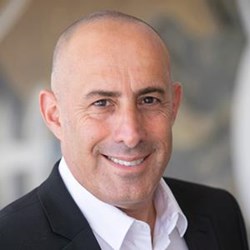
Despite 15 months of intense conflict in the Middle East, a remarkable scientific collaboration has persisted. Ornithologists from Tel Aviv University in Israel have continued to work with their counterparts in Jordan, the Palestinian territories, and European countries to explore how barn owls can help reduce pesticide use in agriculture.
In January, shortly after a ceasefire between Israel and Hamas, researchers from 13 countries met in Greece to discuss expanding the use of barn owls for biological control, as well as promoting peaceful coexistence through scientific collaboration. Experts discussed solutions for water, energy, food security, and environmental problems. One proposed project uses rubble from destroyed buildings to create structures for solar energy or water desalination.
Some European universities have suspended ties with Israeli institutions due to political reasons. However, many researchers oppose these boycotts, emphasizing the importance of academic freedom and collaboration. Despite the conflict, Israeli universities have maintained coexistence and continued their scientific work.
The war has not hindered Israel's scientific output. Grant applications have increased, reflecting the determination of scientists to continue their work. The Israel Science Foundation (ISF) has seen a rise in applications and remains committed to supporting research. Roee Ozeri, a quantum physicist and the Vice President for Development and Communication at the Weizmann Institute of Science, notes that scientific activity has continued unabated.
"Science did not come to a halt," says Ozeri.
"If you look at the number of publications and grants that scientists were awarded, you didn’t see a significant slowdown. Science keeps on happening."
Researchers hope for lasting peace and expanded collaborations across the Middle East. There is optimism for future partnerships with countries like Saudi Arabia, which are investing in research and development. "I’m hoping that following the ceasefire, and when things calm down, collaborations across the Middle East will grow and we’ll start collaborating with Saudi Arabia, for example, with universities in Riyadh," says Ozeri. "In general, I think science is a great bridge between people, and between nations."
A version of this article was first published in Nature.


